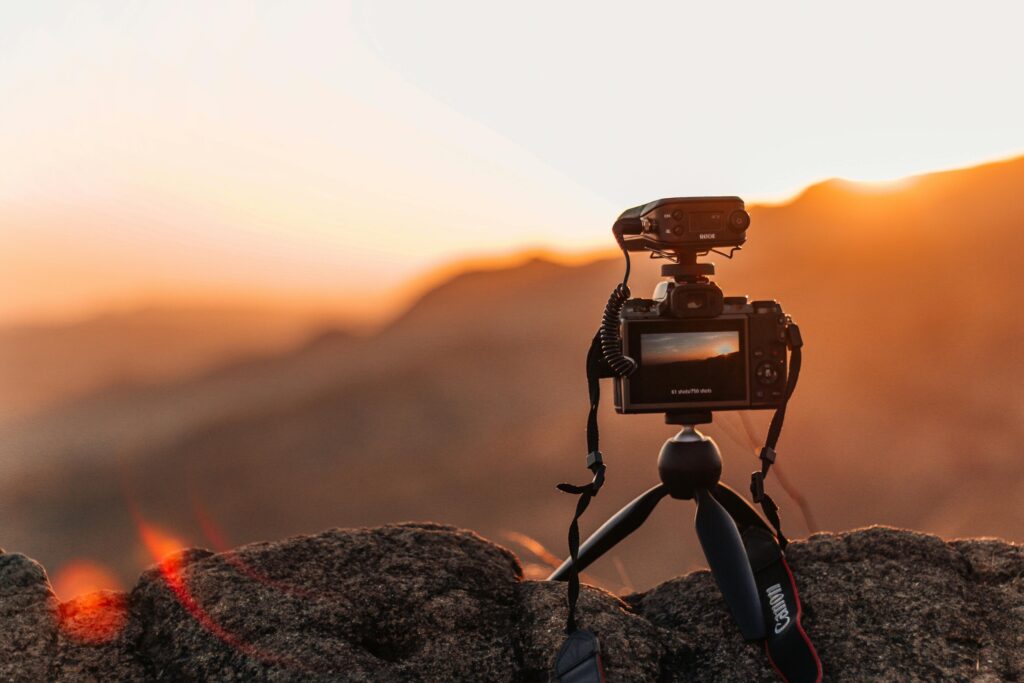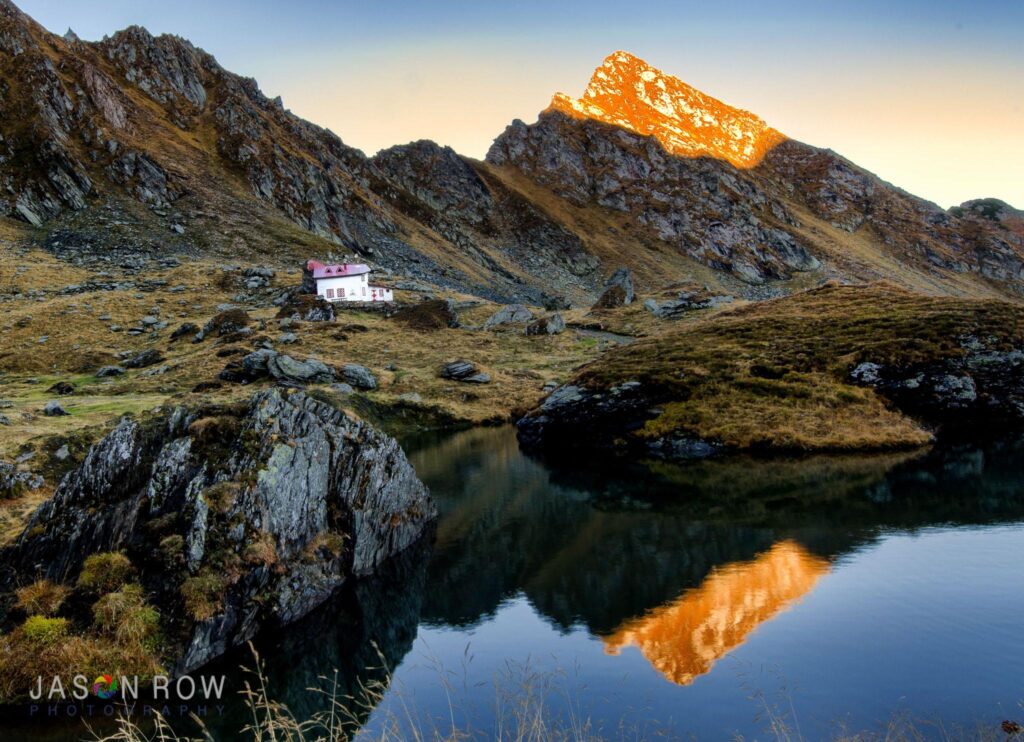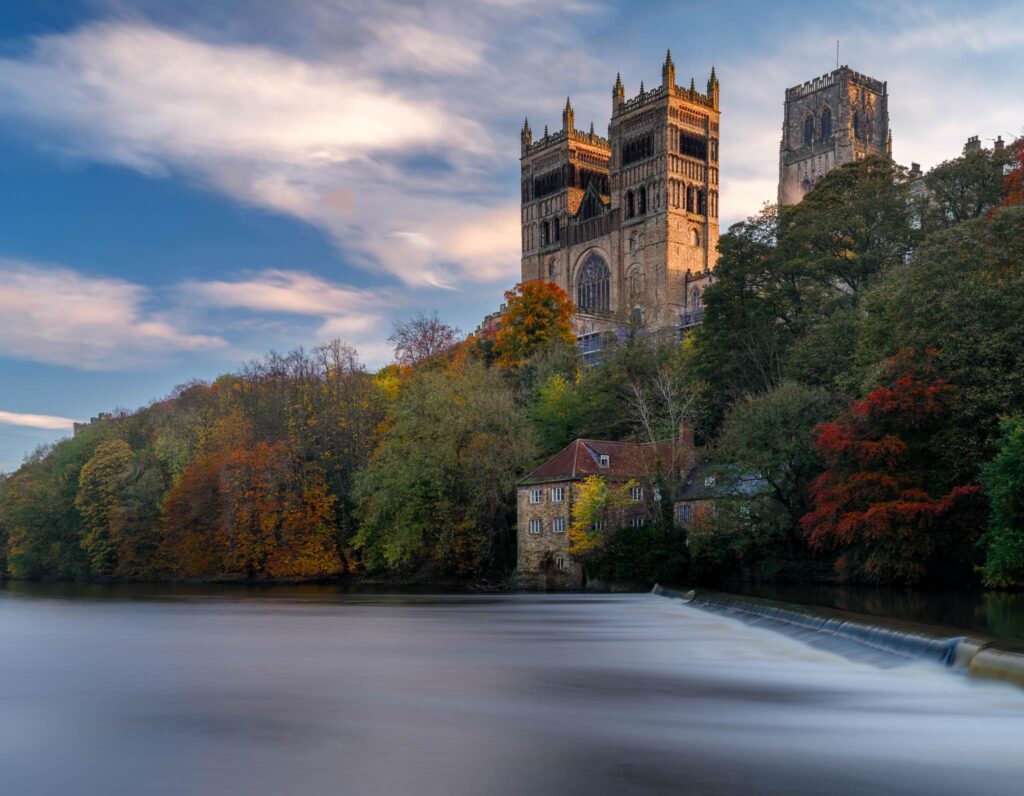Do you recall the point in your photography journey when you no longer felt like a beginner? People will have different ways of assessing their own development and determining what it is that qualifies them for non-beginner status and everyone will reach that point at different times.
What’s interesting, though, is that non-beginner status can be perceived as the land of the forgotten for some photographers. They finally get over the hump of being a novice, only to find themselves in something of a creative limbo where they feel overlooked — no longer newbies, not yet experts. And all the photography talk seems to be aimed at one group or the other.
If you’re a “mid-level” photographer, this one’s for you. It’s not lengthy, because it doesn’t need to be. Once you reach the intermediate state I think you continue to learn best by doing — doing all those things you first learned about as a beginner.
But now is the time to put a practical spin on all that stuff. Here are 4 essential photography rules for non-beginners to live by.
Break The Rules
When you’re a beginner you are bombarded by rules — don’t shoot into the light, use the rule of thirds, don’t tilt your camera, use an 85mm lens for portraits.
It’s true that rules have their place and you should learn them…so that you know how to break them.
Breaking creative rules isn’t about being careless. It’s about learning to create on your own terms. Strictly adhering to rules just because you think you’re supposed to isn’t going to help you become more creative.
If you make photos that tend to follow a set of established rules and those photos also convey the message you intend them to, that’s awesome. Keep doing what works for you. But never feel obligated to follow a rule just because it exists.

Be Selective
Be selective with what you shoot and what you share.
Of course, it makes perfect sense that you would share only your best work. Even if the majority of the shots you take aren’t very good, that’s okay. Share the stuff that is good and keep your portfolio in tip-top shape.
But if you want to eventually increase your keeper rate, you should also learn to be selective about what you shoot. Don’t shoot in hopes of getting lucky. Wait for a scene to develop, whether that involves waiting for the light to change, waiting for human subjects to move into a certain position, waiting for the right time of day, standing in a different spot.
Do whatever it takes to get the best shot, no matter what or where you’re shooting.
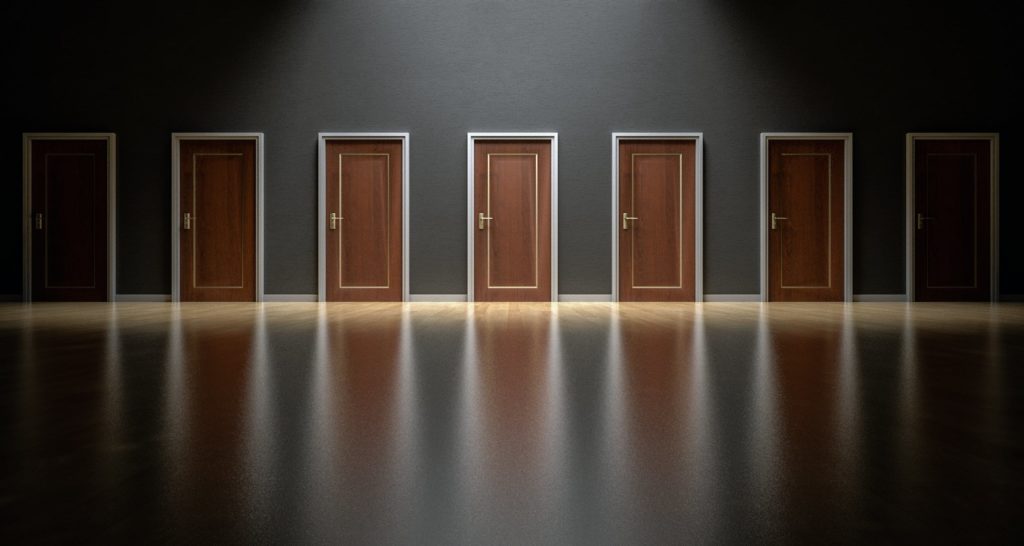
Simplify
Just like the previous tip, this one is also twofold: simply your gear as well as your imagery.
When it comes to gear, it’s easy to go overboard. Every photographer I’ve known, myself included, has experienced gear glut at some point. Contrary to what some believe, too much stuff can make life more difficult.
The fewer choices you give yourself, the easier it is to decide what to use and you won’t waste time mulling over which of your 11 lenses to carry. That’s an inefficient use of mental, creative and physical energy.
In terms of your actual photography, the same basic principle applies — eliminate the extraneous.
Once you’ve made the decision to photograph a particular scene, compose it in such a way that excludes any elements that don’t contribute to what you’re trying to communicate.
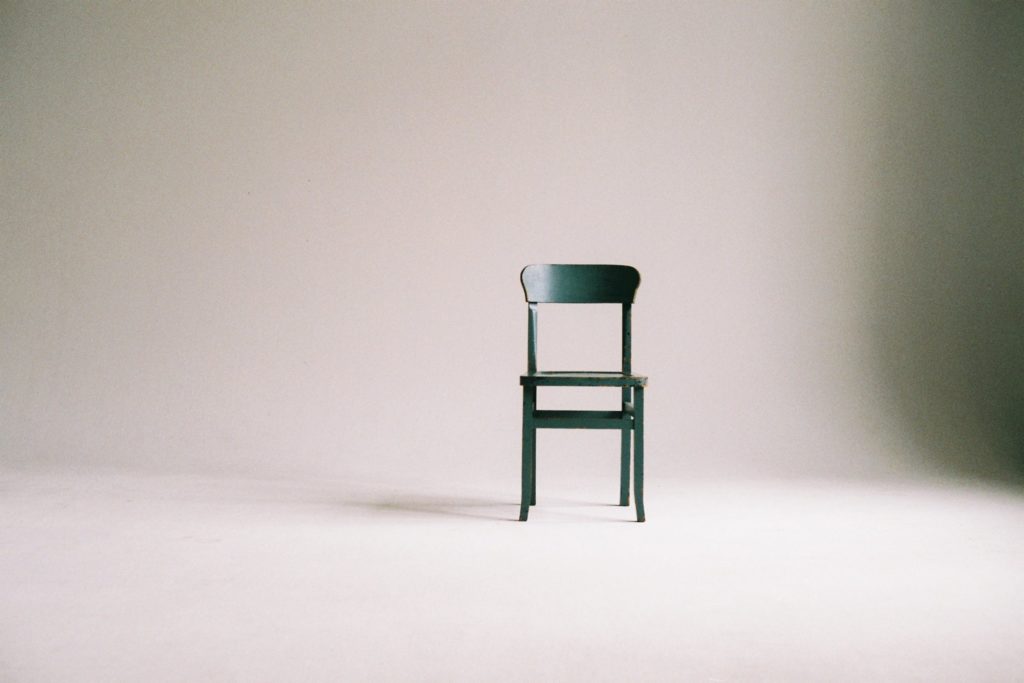
Work Harder
Put forth an even greater effort than you did at the beginning stage. If you thought you put in a lot of work when you were first getting started, make it a point to double, triple, quadruple that effort.
This isn’t necessarily about physical work (though going on a four-hour hike to get the best landscape shot possible would fall into that category). It’s about the work you’re willing to do to experience further growth as a photographer.
Don’t spend too much time patting yourself on the back because you’re no longer a beginner. Put your camera strap on and get back to work.
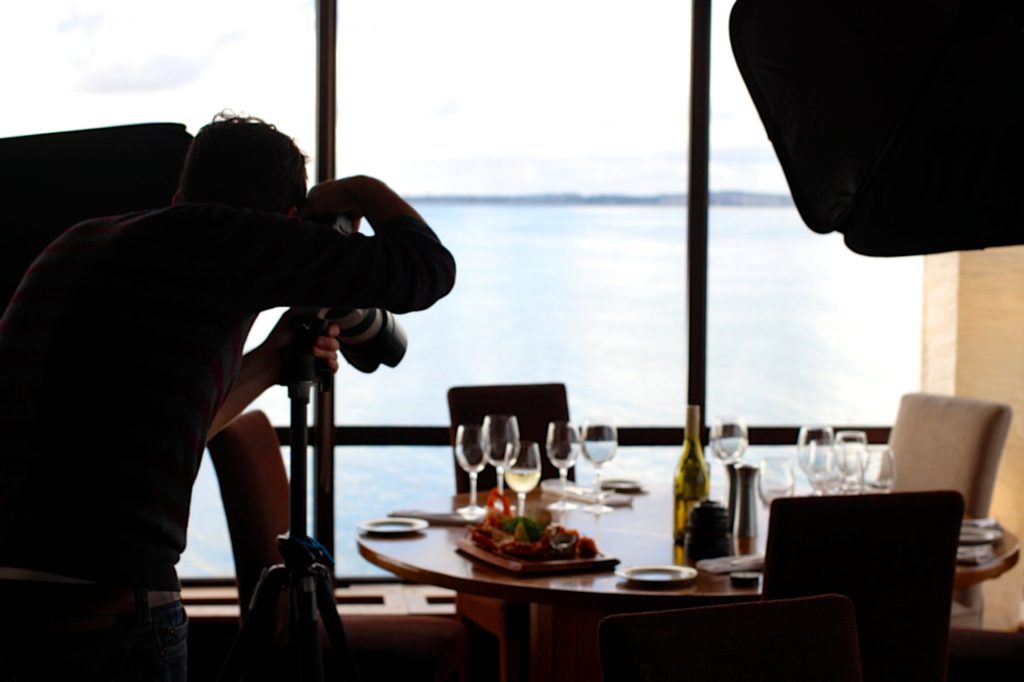
Final Thoughts
Your needs will certainly change as you grow, and what was once new and enlightening may now seem banal.
It’s not that what you learn as a beginner suddenly becomes irrelevant when you reach a new skill level, but as you advance you need to find practical ways to cement that information into your creative work.
It is my hope that the advice above helps you feel empowered and encouraged to continue your journey in photography.

